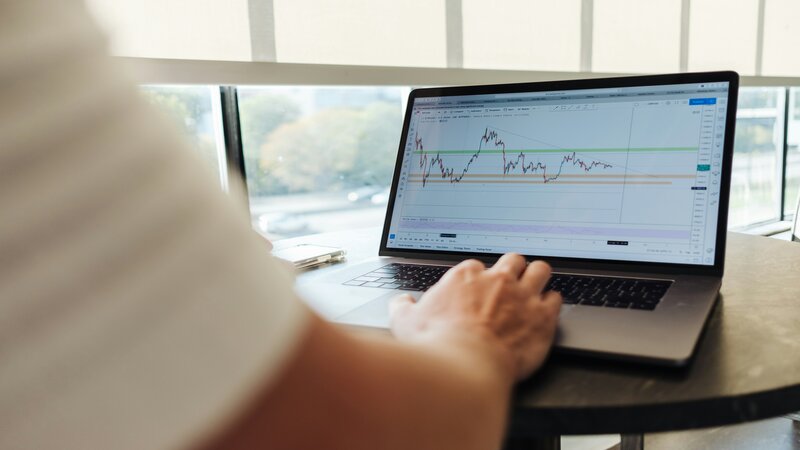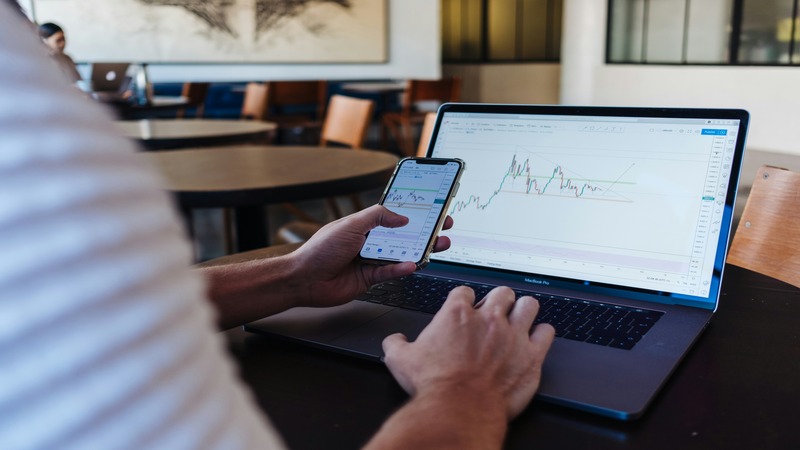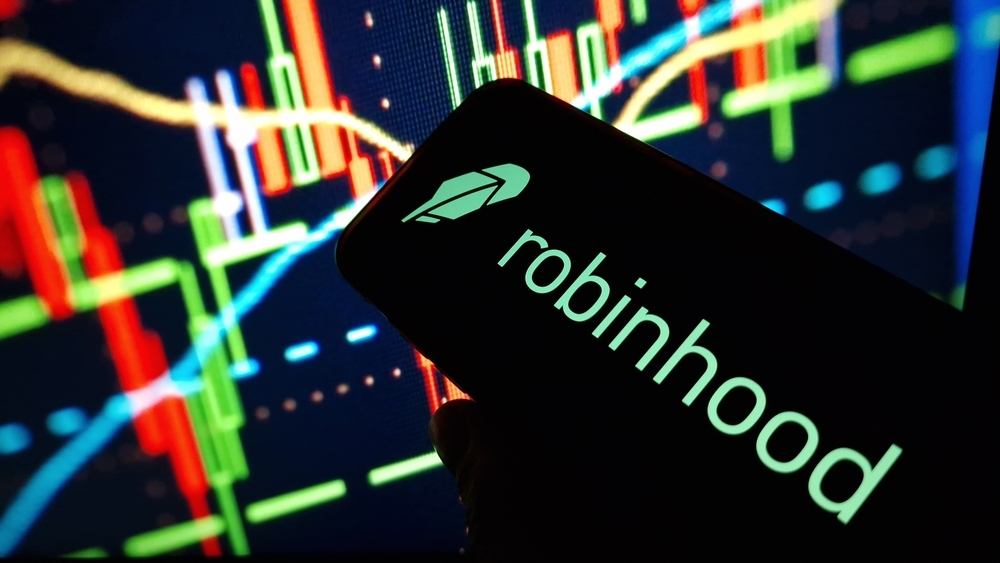Learning Center
The best ASX tech stocks to watch in 2024
Discover the best tech stocks on the ASX for 2024. Explore top companies driving innovation and growth in Australia's thriving tech sector.
Read more about The best ASX tech stocks to watch in 2024
The best penny stocks in the UK to watch
Heres everything you need to know about the best penny stocks in the UK
Read more about The best penny stocks in the UK to watch
The best stock alert apps for 2025
Discover the best stock alert apps for 2024. Compare features, pricing, and real-time alerts to find the ideal app for tracking your investments.
Read more about The best stock alert apps for 2025
The best lithium stocks on the ASX in October 2024
The best Australian lithium stocks to invest in 2024 reviewed. Find out why these ASX-listed lithium stocks have huge growth potential.
Read more about The best lithium stocks on the ASX in October 2024
Best Robinhood Stocks to Buy in 2024: Top Picks and Analysis
Discover the best Robinhood stocks to buy in 2024. Explore top-performing stocks with strong fundamentals and growth potential for smart investments
Read more about Best Robinhood Stocks to Buy in 2024: Top Picks and Analysis
What is the P/E Ratio
Understanding financial metrics is crucial for anyone looking to invest in stocks.
Read more about What is the P/E Ratio
What Is the Cryptocurrency Long-Term Technical Score?
In the world of cryptocurrencies, making informed decisions can be challenging. One tool that helps investors navigate the crypto market is the Cryptocurrency Long-Term Technical Score.
Read more about What Is the Cryptocurrency Long-Term Technical Score?
Best upcoming stock splits and reverse splits 2024
Explore the best upcoming stock splits and reverse splits in 2024. Check our detailed calendar for dates, companies, and split ratios.
Read more about Best upcoming stock splits and reverse splits 2024
The best stocks for your 2024 wheel strategy
Can't find the best stocks for your wheel strategy? Here are key factors to consider and our top picks for 2024
Read more about The best stocks for your 2024 wheel strategy







